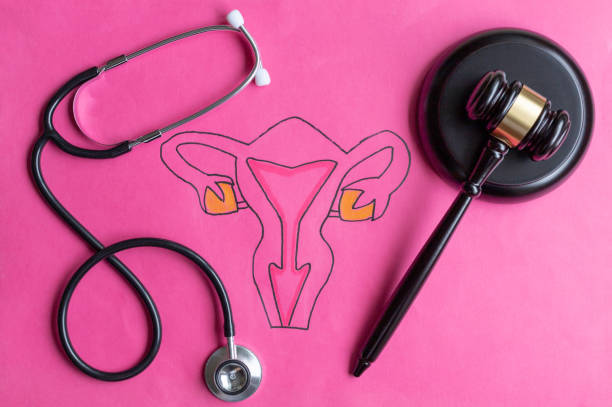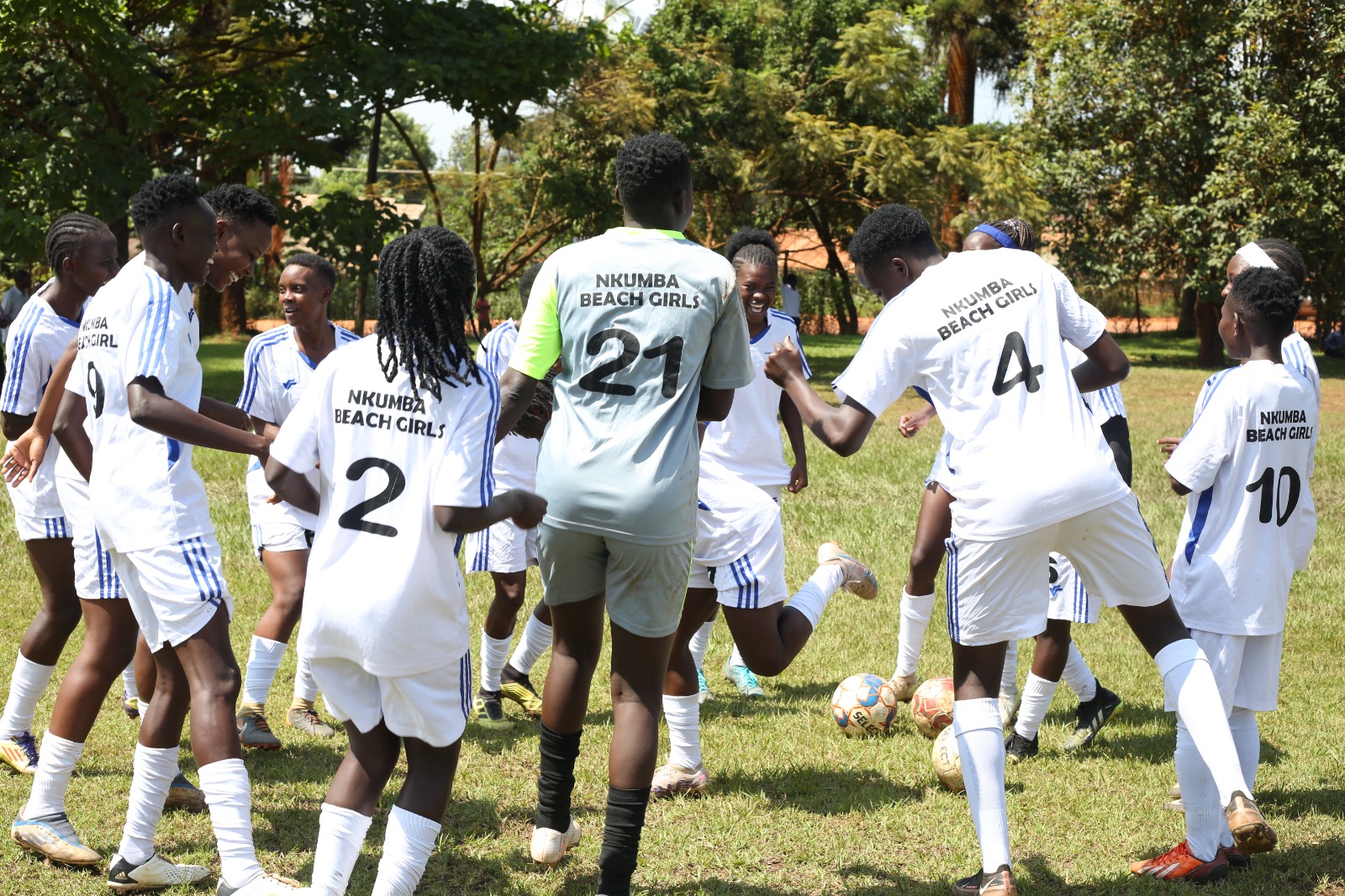Hatching a clear Law on abortion must be comparatively reaching a point of necessity.
The controversies in the various statutory laws and opinions of people have raised great concern about the need for Uganda to enact a law addressing the question of abortion.
The Ugandan Constitution of 1995, as amended, puts it clear under Article 22 that no person shall terminate another’s life.
There are only a few circumstances when the law permits. For instance, Section 224 of the Penal Code Act, cap 120 permits medical personnel to terminate the life of an unborn child to save the mother,
Cap 120 states that, “… a person shall not be criminally liable where the termination of a pregnancy (“abortion”) was conducted through a surgical operation with reasonable care and skill for the purposes of saving the life of the mother (life endangerment).”
However, it does not answer the circumstances under which the person should perform the act.
While our constitution allows abortion under certain circumstances, those said circumstances remain unanswered under a clearly enacted law and regulations, which has greatly led to confusion and inconsistency even in its application.
The policies of the Ministry of Health in regard to that could also have provided great guidelines for the legislators to enact a law capturing the consequential and selected circumstances of abortion.
It is not a rebuttable presumption that a great estimated number of University girls engage in abortion today, and some of them have lost their lives while trying to.
A few answers are drawn from the various opinions that since the act seems illegal in Uganda; many do it in darkness with the aid of quack medical personnel who exhibit little or no experience in performing an abortion.
It is argued that under the evolving world of human rights and dignity, women have rights to bodily autonomy and decide on what to do with their bodies. Hypothetically, it is a nice shot, but to what extent are we going to stretch the notion of human rights?
Contrary, it is a fact that many Ugandans who hold religious beliefs, oppose abortion in its entirety.
Some allude to claims that, “Adam did not become a human being until God breathed life into him” therefore, they conclude that a fetus may not be a human being before it breathes air outside the mother’s womb.
Be that as it may, many religious views connotes the fact that abortion destroys God’s image and tarnishes his command to go out and fill the earth.
The deeply ingrained cultural beliefs among Ugandans also strongly object against the practice of abortion. In countries that have moved in a different direction to legalize abortion have done so by the influence of prominent cases such as the famous case of Roe v. Wade (1973), which follows the three instant cases of appeal.
In this first case, I beg to borrow the words of Justice Blackburn, who concluded that the right of personal privacy includes abortion decisions, however, subject to state interests in regulation.
Should Uganda also stretch the provision under Article 27 concerning individual privacy in the line of abortion?
Much as the Ugandan laws have brought an exception to the general rule of abortion in line with section 224 of the Penal Code Act, it has left loopholes to its consequences, women’s rights and unsafe abortion.
Abortion can cover two aspects: selective abortion and ejective abortion.
In selective abortion, the pregnancy itself is not wanted, whereas under selective the fetus is the one targeted. Now, with the development of technology in various hospitals in Uganda, women can detect and know the fetus shape, disorders and gender. Many people select to abort for not wanting to give birth to a child with a genetic disorder, henceforth terminating it by selective abortion.
It is prudent we look at the various stages of fetal development:
On day one, where conception occurs, an egg and sperm, each containing twenty-three chromosomes, unite to form one cell, and the fertilized egg is the one we call a zygote. From day 2 to week 2, the zygote travels to the fallopian tube and implants in the uterus, and other further developments occur thereafter in the following weeks, which I may not dwell much on. From week 8 up to birth, the fetus has developed all organs and structural features and resembles a very small new baby.
Now, the question of the day will be posed in reference to sections 136, 141, 142, 143 and 212 of the Uganda Penal Code Act Cap 120, at what stage does one commit the available offences on abortion, including procuring abortion in line with science? Such questions of both law and fact do not require mere interpretation but enacting proper laws with clear guidelines, regulations and force of law.
This law should, therefore, define the circumstances under which abortion is legal, establish a legal framework for accessing safe abortion services if not objected and address the issue of society’s narratives on women who abort.



















Discussion about this post